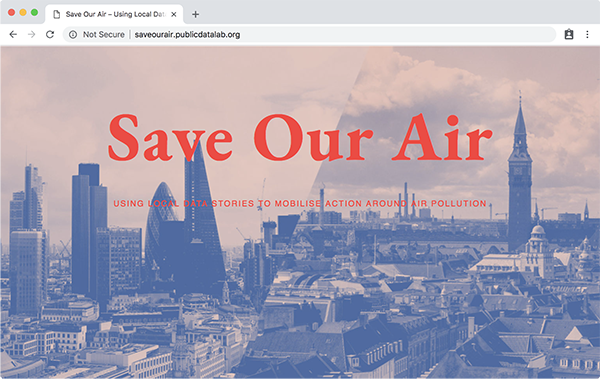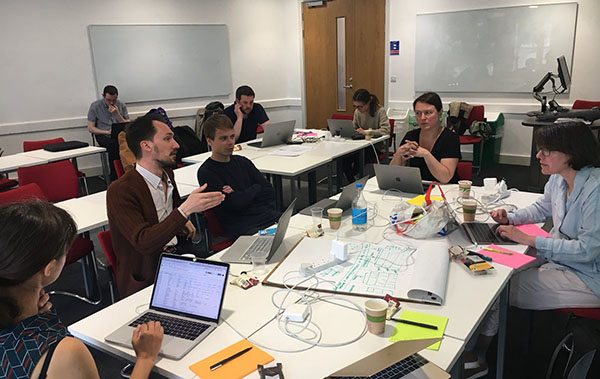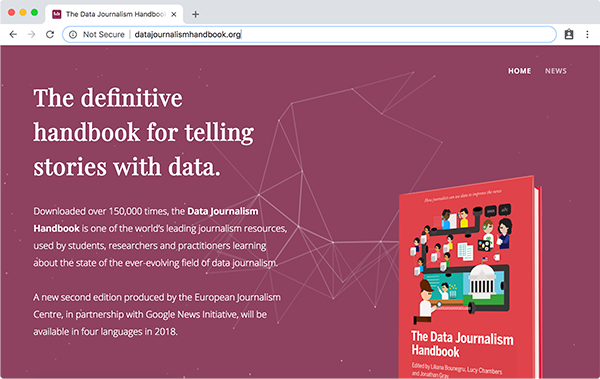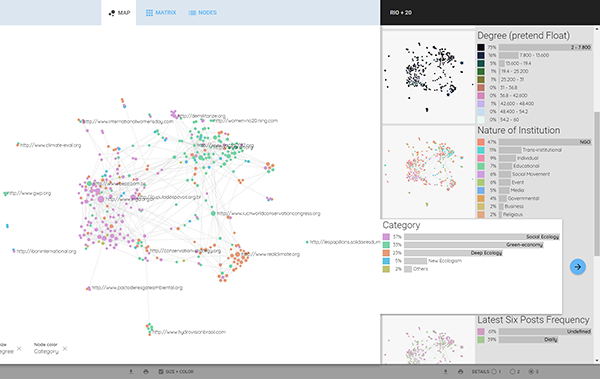About us
A mirage is shimmering across the world: the hope that the advent of massive digitisation and datafication will enable evidence-based policy-making and the effective public management of all uncertainties and challenges. This hope is not new.
It dates back to the invention of statistics and has surfaced again and again every time technical innovation has supplied new information on collective life.
Yet, as policymakers know all too well, this hope is misplaced. The problem of governance is seldom the lack of information. Living together is difficult not because we ignore what others do or want, but because we have different aspirations,
interests and visions. More data, no matter how big or smart, will not make the task of composing our diverging interests any easier.
This does not mean, of course, that there is no political use for digital technologies. It means that they can have more uses than we imagine. Massive datasets and sophisticated models are not the only tools digital technologies can offer.
These technologies also facilitate the traceability of social phenomena and open up new ways to map different different kinds of political agendas and to expose them to public investigation.
The Public Data Lab develops collaborative research, teaching, design and participation formats to facilitate societal debates through digital technologies. It holds that data should not be used to close the discussion, but to open spaces for
deliberation, engagement and contestation. Data analysis is not a magic bullet, nor an inexhaustible source of consensus and rational decision-making. Rather, it is rather a heterogeneous ensemble of experimental and tentative techniques to
explore and chart our divergences. Not necessarily to solve them, but at least to make them more legible.
In our data-sprints, issue experts, researchers, developers and designers collaborate with the representatives of different civic constituencies to develop debatable data, digital methods and public spaces around the infrastructures of data
and processes of datafication.
 A Field Guide to Fake News
A Field Guide to Fake News
 Save Our Air
Save Our Air
 Tracing Public Facts
Tracing Public Facts
 Data Journalism Handbook
Data Journalism Handbook
 Minivan
Minivan